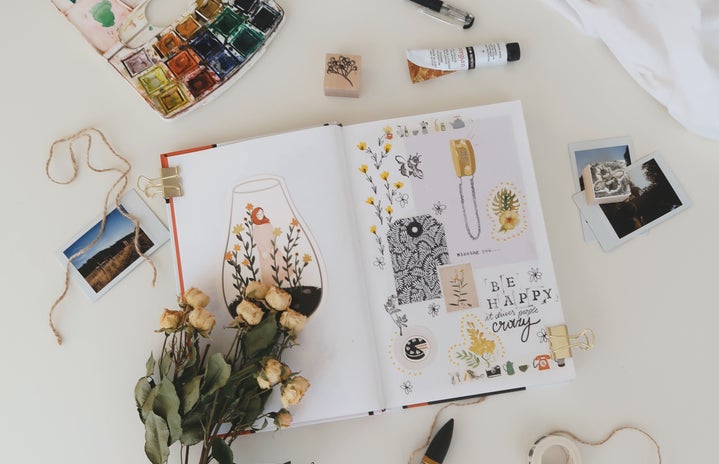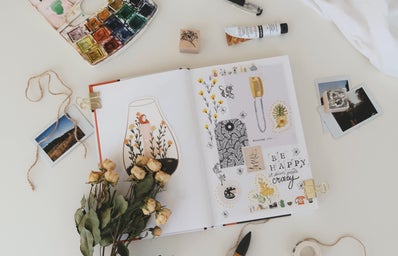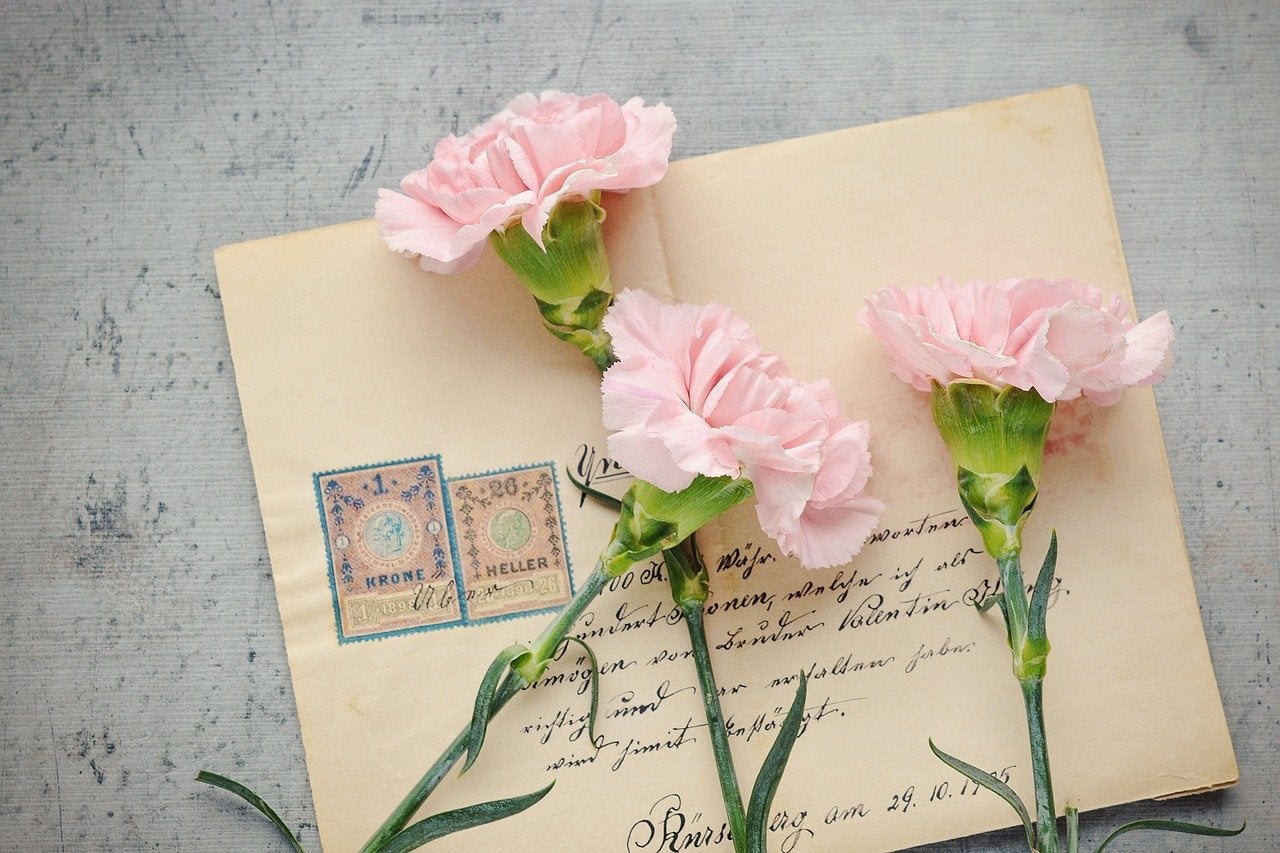Hobbies are something we have all been told to cultivate from a young age, for the sake of
personal growth, or for the sake of keeping pace with peers, or for the sake of building a
portfolio for the future. It’s something that never runs out of space, and even now, at a point in
life when there’s barely any space left for anything recreational, people still gravitate towards
trying out new things and adding it to their list of hobbies. A fun, lighthearted nod towards a
nostalgic childhood. In the midst of classes and work, taking a trip down memory lane can be
foolproof way to see the many learning points childhood hobbies has ingrained in us.
Letter Writing: We learn the formal, professional way of writing letters in school. And then
some learn to use it for fun gossip or secret sharing in class when passing notes. There’s a
strange relief that comes with hashing it out on a piece of paper after a fight with loved ones.
Writing letters, in many scenarios, can even be seen as a form of self-therapy, teaching valuable
skills for growth like communication and self-expression.
Cooking (Baking): What started as helping out in the kitchen with small chores can turn into a
creative space to experiment with recipes. Be it trying out new combinations of ingredients or
baking, cooking can be an entertaining activity. It’s a process that is both attention-grabbing and
refreshing, allowing people to enjoy themselves without zoning out. At the end of a long
workday, cooking can seem like a burdensome chore to some. But to others, it can be
destressing and an invigorating ending to a stressful day.
Solving puzzles: One integral part of childhood belongs to the games we played, with the
siblings, or parents, growing up. It was a pivotal moment of our individual growth, introducing
lessons like critical thinking, taking initiative, and strategy from a young age. That small habit
can travel a long way, and like everything else mentioned before this, lighten up the weight of
the world even when everyone’s grown a lot older. Solving a puzzle on the newspaper in the
morning or doing the crossword or playing a numbers game before sleep can ease the mind just
a little bit, and make all the difference.
Reading: A typical choice, for a lot of people, both bibliophiles and non-readers, is reading. But
it can truly influence the way one’s point of view paints the world. It’s a great way to switch to a
different lens to experience the world and escape from reality. It is also a remarkable way to
learn more about empathizing and relating to other people. Reading can build individuality but
at the same time it can help deepen the sense of community, which is much needed when
cultivating hope for the future.






